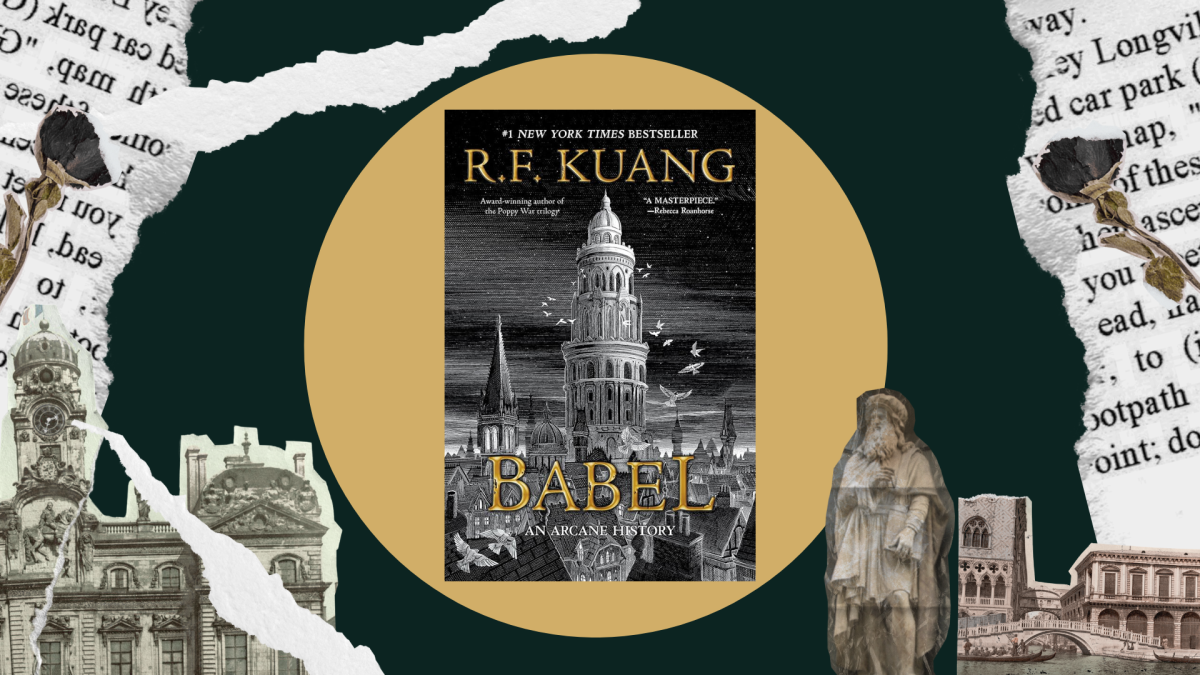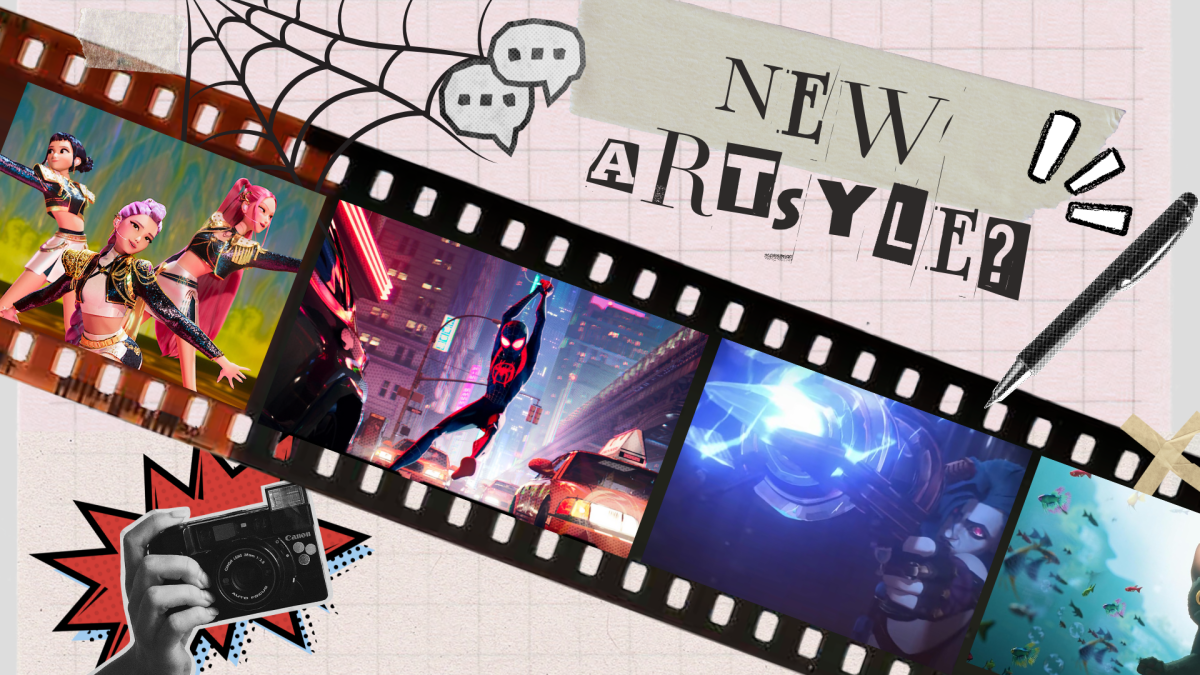Just recently, RF Kuang has been present in the dark academia culture with her 4th book, Babel, hitting the charts. This aesthetic has been present in literature for many years. With major titles spanning from classics like Picture of Dorian Gray, The Secret History, and Frankenstein to more modern works like Viscous, Ninth House, and Atlas Six. However, just recently, there has been an upsurge in the term dark academia, with many works popularizing the genre.
So, what is dark academia? It often emphasizes a great pursuit of knowledge and takes a dive into what we should consider trustworthy or not. However, it also includes fantasy, secret societies, and paranormal elements. Many times, it recognizes the faults of society and creates anomalies for us to identify. It forces us to open our eyes and dig deep into what we would typically think is untrue. Just a year ago, RF Kuang, a graduate from Georgetown University, the University of Cambridge and the University of Oxford, wrote a book about the lessons that go untold in major universities, a book called Babel.
The book Babel is set in 1830s Britain, where matching words from different languages are inscribed into silver bars, and in turn, the user can manifest a specific magical event. This unique use of language is a central theme in the narrative. It follows a scholar named Robin, a Chinese-English boy whom Richard Lovell, a professor at Babel, adopted. He was taught Latin, Greek, and Mandarin with the means to be integrated into the university. When he starts his first year, he meets many people from the institution: Ramy from Calcutta, Victoire from Haiti, and Letty from England.
Together, they go through the grueling years of Oxford. At Robin’s time there, he realizes the ferocity of the British against the Chinese and many other minorities. What he thought could not be true was right there in his face; it was that the famous university had more nefarious intentions about the use of language.
This story by RF Kuang tells many things. However, one central point is that it emphasizes the use of language and how that connects to how society functions. Due to the high demand for more languages to silver bars, the British Empire and Oxford University partake in the bringing of people from different countries, molding them into its society forcibly. Rather than try to appreciate culture and the language, they appropriate it and never show their side of the story. It shows how even intellectual pursuits are tainted by unjust ideals. It illustrates the unfortunate norm prevalent during the era of colonialism and imperialism but in a magical sense, and that politics and mob mentality in the case of universities can brainwash a whole generation.
A significant aspect of Babel is its exploration of race and identity, particularly through the lens of the main character knowing that he is half english and Chinese. The narrative reveals how Babel College, like many institutions of its time, favored white students while disregarding and showing prejudice towards others from “uncivilized” countries. This angers Robin along with his colleagues, Ramy and Victoire. They decide to dig their own path and join an underground society called Hermes. From there, they try to take down the Babel tower as it represents the strength of the British empire.
So, what can we learn from this? We can apply this to our current thinking, considering the rise of technology and social media. The world is ever-connected, and since it’s connected, there are more opportunities for people to be tricked and unaware of the things around the world. With Babel mentioning the power of language and knowledge, we must take into account what we are consuming. We have to know what happens in the past, and just like what the saying says, “To make sure it doesn’t happen again.” Babel teaches us to be critical of the information we receive, to question the motives behind the dissemination of knowledge, and to be aware of the power dynamics at play in the world of academia and beyond.
Coming back to the full title, Babel: Or the Necessity of Violence…it asks a question: whether or not violence is needed. It shows how force was necessary in a time when oppression was prevalent. However, no matter how far this book goes, the question still lies in modern times. It gives us a choice: whether to rebel or stay within the lines.
If you want to read more about this book, check out these links!





